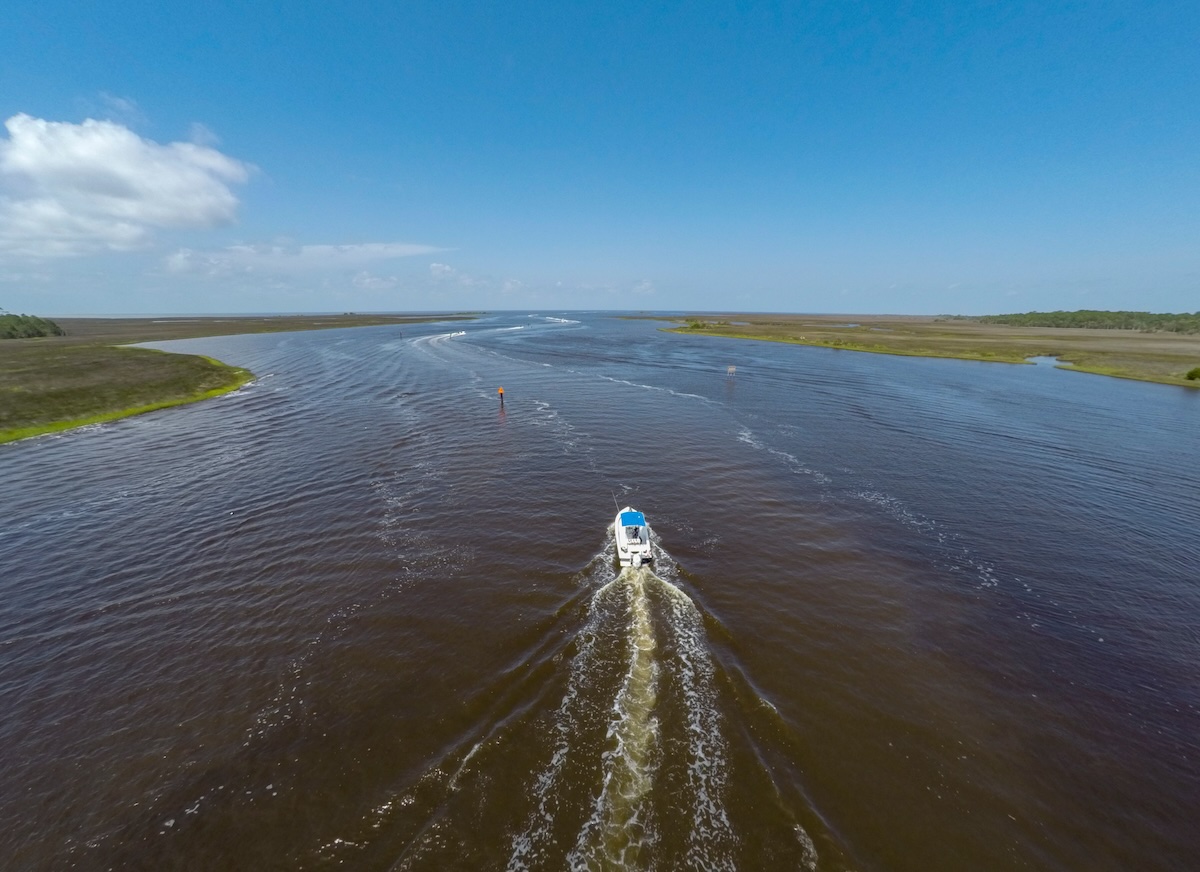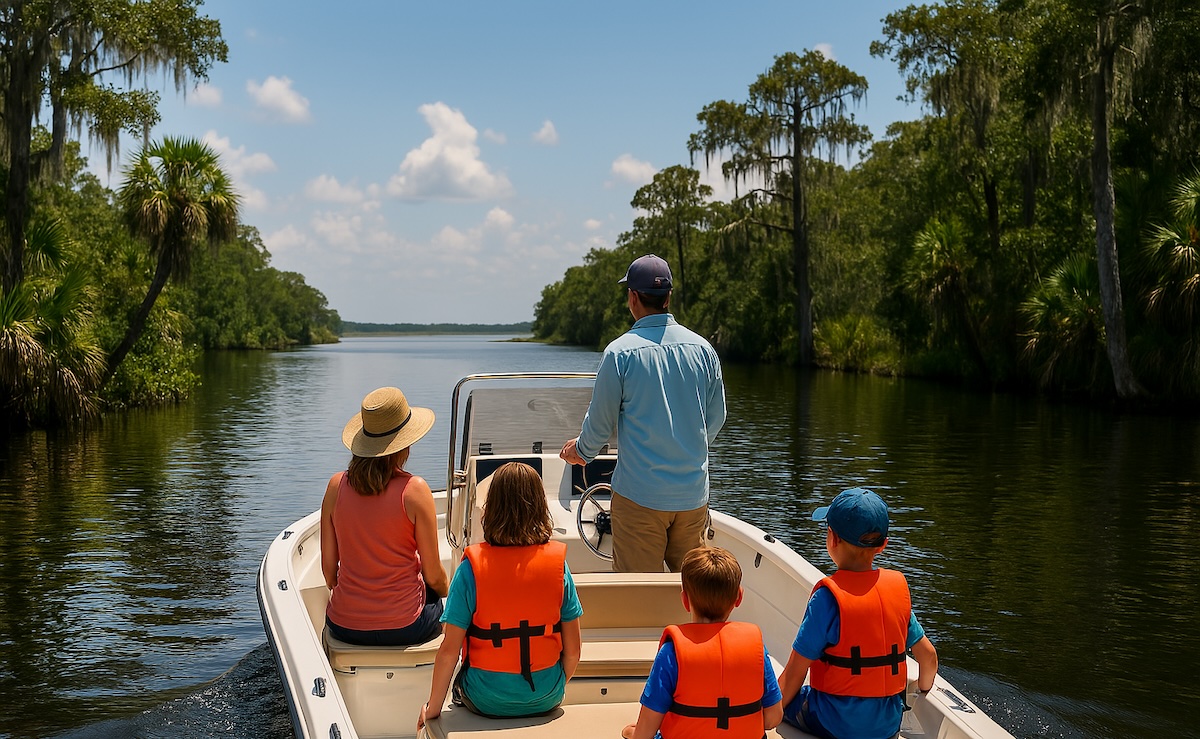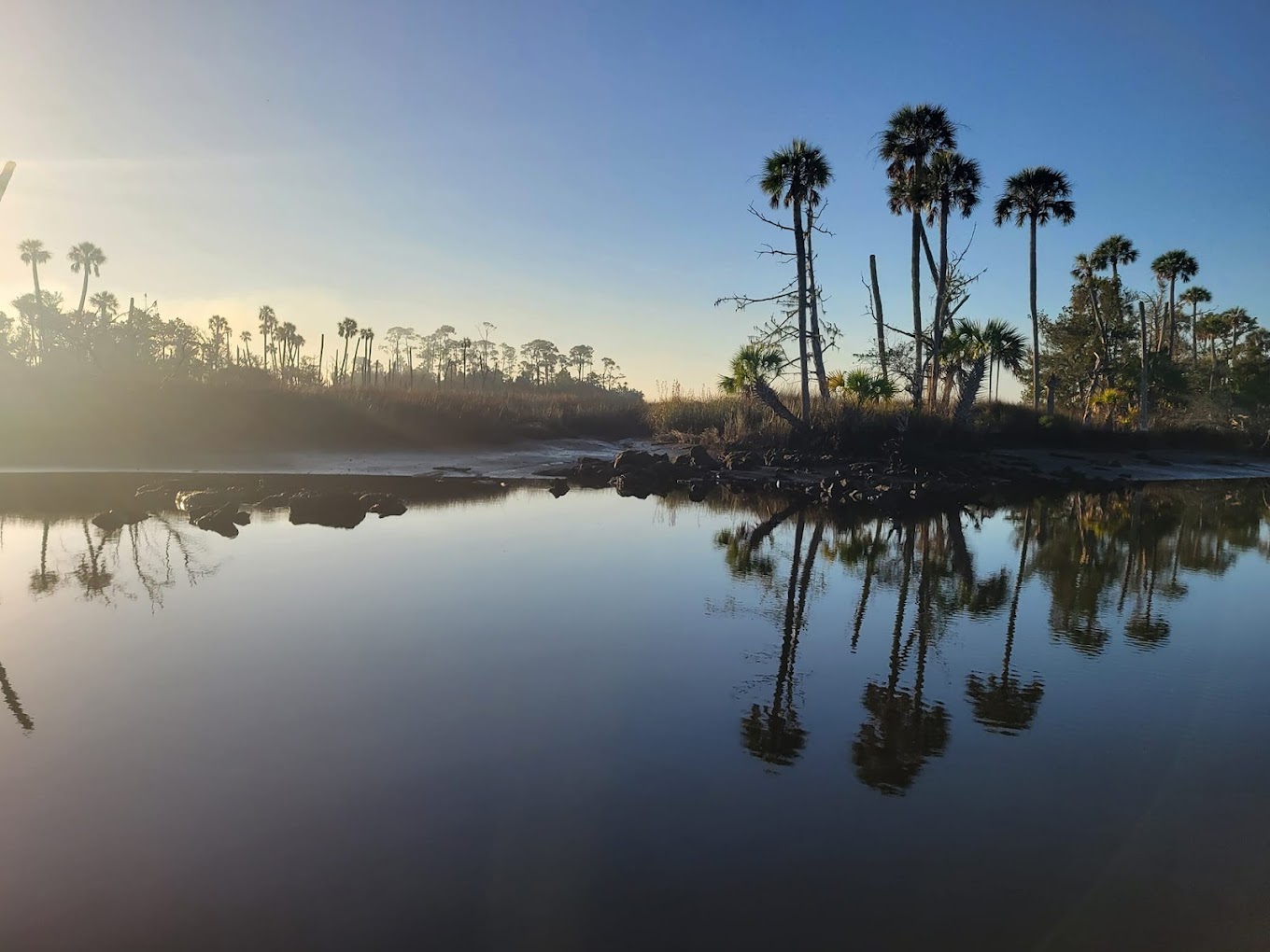Florida’s reputation as a fishing destination is built on variety. From coastal flats and inland rivers to lakes, springs, and estuaries, the state offers every kind of water a fisherman could want. Where you stay matters just as much as where you fish. Two of the most common accommodations are fish camps and fishing lodges. They often serve the same purpose by getting you close to the water, but the way they operate and who they are built for can be very different.
What Defines a Fish Camp?
Fish camps are typically informal, simple, and centered around function. Most are located directly on the water, whether it’s a river, a lake, or a remote shoreline. Many have been around for decades. They were originally built for working fishermen who needed easy access and a basic place to stay. That history still shows today. Cabins, trailers, and RV pads make up the majority of lodging. Amenities are minimal. The focus is practical access, not luxury.
You’ll usually find:
-
Basic lodging with few extras
-
Boat ramps, docks, and bait stations
-
Outdoor fish cleaning areas
-
A do-it-yourself atmosphere
-
A laid-back, local crowd
Fish camps are best for experienced fishermen who prefer to handle everything themselves. You bring your gear, manage your schedule, and fish on your own terms. It’s less about service and more about staying close to the action.

What Sets a Fishing Lodge Apart?
Fishing lodges are more structured and service-oriented. They often offer full lodging, guided fishing trips, and meals as part of a package. Lodges are built for comfort, and they tend to attract guests who want a curated experience. That could mean new fishermen looking for help or groups who want everything arranged in advance.
Most fishing lodges include:
-
Private rooms or cabins with modern amenities
-
Onsite guides and scheduled trips
-
Meal service and staff support
-
Equipment rental or boat service
-
Shared spaces and coordinated schedules
Lodges simplify the process. You do not have to scout unfamiliar waters or figure out logistics. You show up and fish, often with someone who already knows where the bite is strong.
Key Differences to Consider
Experience Level
Fish camps appeal to fishermen who already know what they are doing. You plan your own days, handle your own gear, and are not relying on outside help. Lodges are more beginner-friendly. They also make sense for anyone who prefers a hands-off trip or is unfamiliar with the local area.
Social Environment
The social setting is different between the two. Fish camps are casual and quiet. You meet other guests at the dock or around the cleaning table. Lodges have more shared structure. Meals might be served at a set time, and you often fish in guided groups. There’s a more organized rhythm to the day.
Cost and Flexibility
Fish camps are usually less expensive. You only pay for the space and access. You bring your own supplies, fuel, and food. Lodges cost more but include more. If you want to fish hard without worrying about meals, planning, or finding spots, a lodge can be the more efficient option.
Pace of the Trip
Camps give you freedom to fish when and how you want. Lodges follow a schedule. One is flexible, the other is built for consistency. The right choice depends on how you like to run your time on the water.

Your Florida Trip Starts Here
Fish camps and fishing lodges both offer access to Florida’s waters, but they shape the trip in different ways. Camps are built around independence and simplicity. Lodges focus on comfort and convenience. The right choice depends on how you like to fish, how much planning you want to manage, and the pace you prefer.
Experienced fishermen often lean toward camps for their flexibility and low cost. They bring their own gear, run their own schedules, and do not need much beyond a place to sleep and launch. Lodges work better for those who want meals, guides, and logistics handled. They are ideal for families, new fishermen, or groups who prefer structure.
Social atmosphere and budget also play a role. Camps are informal and often built around routine. Lodges offer more coordinated experiences, with group meals, scheduled outings, and shared lodging. Camps cost less but require more effort. Lodges simplify the trip, but at a higher price.
Both options are valid. Some trips are about unplugging and doing everything yourself. Others are about letting someone else take the lead so you can focus on the fishing.
If you are looking for a destination that respects both styles, Econfina Sporting Club offers a balanced approach. We provide access to real Florida water and the flexibility to make the trip your own. Contact us to start planning a fishing experience that fits how you actually fish.


